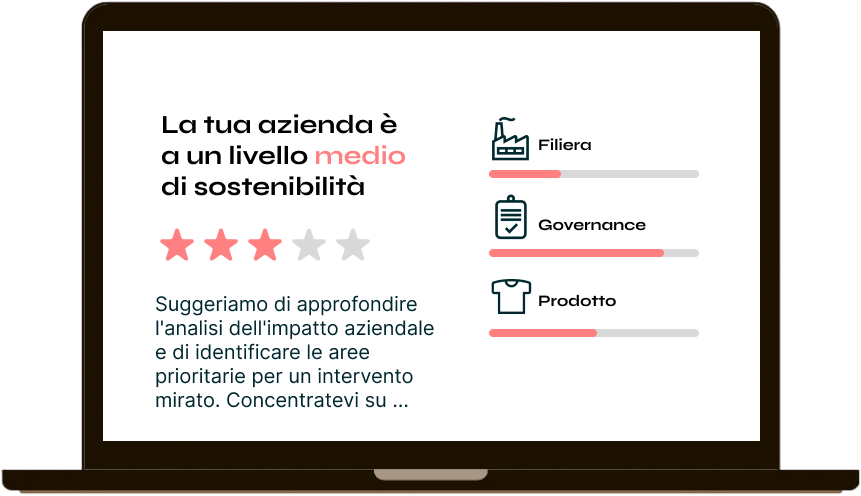Fashion Pact: the commitment of the leading companies to sustainability
Today we will discuss in detail the Fashion Pact and how its subscription will inevitably change the landscape of the fashion and textile sector, with severe consequences for large and small companies and the competitiveness of their products.
What is the Fashion Pact?
An agreement promoted in April 2019 by French President Macron and François-Henri Pinault, president and CEO of Kering, the Fashion Pact unites more than 60 leading fashion and textile companies committed to halting global warming, restoring biodiversity, and protecting oceans. Coming from 14 countries, they represent over 200 brands and a third of the fashion industry.
What are the objectives of the Fashion Pact?
The primary objective is to achieve carbon neutrality by 2050. By 2025, companies are committed to obtaining a 25% low environmental impact supply of raw materials and to reach a percentage of 100% renewable by 2030. Regarding the use of sustainable materials, they are committed to adopting certifications such as the Fair Trade Certified and the Better Cotton Initiative, the world’s largest cotton sustainability program. Among synthetic materials, companies will have to favor recycled polyester and nylon. Similarly, certifications are also provided for natural fibers and specifically for animal ones.
The commitment of the companies: Prada and Moncler towards sustainability
Prada has launched an entire collection (Prada Re-Nylon), entirely in regenerated nylon thanks to the recycling of textile waste and plastic material collected from oceans and landfills. Moncler is committed to using recycled nylon for 25% of its products by 2025. Concerning the use of renewable energy, several companies are already taking individual initiatives to reduce greenhouse gas emissions. Sustainability experts support companies in decision-making processes and the preparation of reports to achieve these ambitious goals. That fits perfectly with the idea behind the Fashion Pact: creating shared goals, generating collective change.
Burberry, Kering and the safeguarding of biodiversity
Other fundamental themes are the safeguarding of endangered species and the protection of habitats at risk. According to United Nations research, about one million species are at risk of extinction, while 75% of the earth’s surface has been significantly altered, helping to modify ecosystems and reduce biodiversity. There are many actions in this field: companies will have to develop an action plan and establish collaborations with various partners to support the technical part, based on scientific analyzes. Also organized was Nature of Fashion, a series of webinars with leading experts on supply chain mapping for biodiversity and the development of common strategies to address the problem. Companies are committed to zero deforestation and to achieve sustainable forest management on the planet by 2025. Burberry has implemented a program to improve soil carbon storage and promote habitat diversity. Kering, on the other hand, is working in French Guiana for the reforestation of a former mining site.
Fashion Pact: the consequences for the fashion sector
With a view to competitiveness, the message that emerges from the Fashion Pact is clear: the leading companies in the sector are making concrete commitments towards a global problem, also thanks to the growing demand from consumers for ethical and low-impact products and the birth of new business models (such as second-hand) that will change the future of fashion. To remain competitive, the companies, from SMEs to the largest, together with the entire supply chain, will have to commit to integrating sustainability strategies into their practices, quickly. Do you want to find out how to become sustainable with measurable and tangible actions?
Get articles like this and the latest updates on sustainable fashion automatically!
